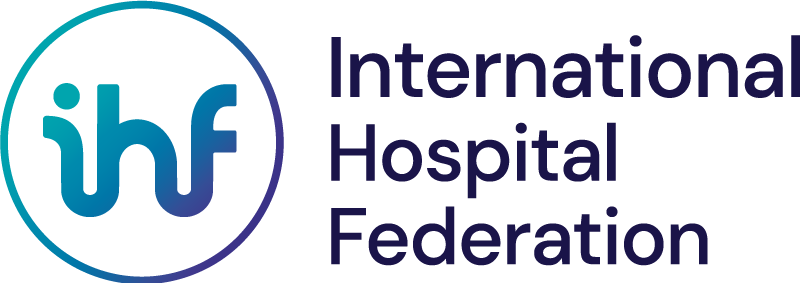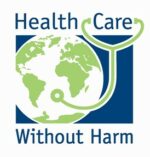Knowledge & Innovation
COMING SOON! The HPH e-Learning and Implementation Platform
To foster learning opportunities, the International HPH Network will set up an eLearning and Implementation Platform. The aim is to create engaging content through audio-visuals and make learning materials available to all members. The course will all feature an implementation platform that will encourage direct application of the course modules in a collaborative learning project. This new programme will be aligned with the new HPH strategy and umbrella standards and reflect the global diversity of the network with real best-practice cases.
Task Forces
HPH Task Forces are issue-specific teams with specific expertise within the framework of the general aims of the International HPH Network. They work according to terms of references and related action plans and constitute a reference for technical, organizational, and scientific support for specific issues of health promotion.
Working Groups
The HPH Working Groups are organized as a project with a defined period of time and clear deliverables contributing towards the achievement of the overall International HPH Network’s objectives.
HPH and Health Literate Health Care Organizations
Health Literacy matters for people’s health and their usage and outcomes of health care as patients. Persons with limited health literacy are less likely to use preventive services, request treatment at later stages, and have more hospitalization, higher risk of treatment errors, and sub-optimal treatment outcomes than those with better health literacy. This is not only the result of patients’ limited personal health literacy but also of the high demands and complexity of health service organizations. Therefore, IOM developed Ten Attributes of a Health Literate Health Care Organization, and WHO-Europe recommended in its Health Literacy – The Solid Facts regular measurement of population and organizational health literacy.
An international working group on Health Promoting Hospitals and Health Literate Organizations was initiated within the Health Promoting Hospitals and Health Services Network (HPH) to develop a global, state-of-the-art self-assessment instrument on hospital organisational health literacy. The WHO-CC Health Promotion in Hospitals and Health Care led the working group at the Austrian Institute of Public Health, Vienna / Austria.
This new instrument is based on the original Vienna Model of the Health Literate Hospital and instrument, considering growing research and recent developments within the scientific community. It is now freely available as an International Self-Assessment Tool for Organizational Health Literacy (Responsiveness) of Health Care Organizations (Hospitals). The tool offers eight standards, each segmented into sub-standards and operationalized by more than 150 indicators. It comes with a procedure for implementing the self-assessment.
The work of the HPH and Health Literate Health Care Organizations working group was taken up by the WHO Action Network on Measuring Population and Organizational Health Literacy (M-POHL).
Translation, cultural adaptation, and piloting of the comprehensive OHL-Hos tool in various countries and healthcare contexts are being conducted. All the findings of national piloting will then be collected and analyzed to produce an improved international, generic version of the tool, which can then be used for benchmarking among different regions and healthcare systems.
Contact: Christa.Strassmayr@goeg.at and m-pohl@goeg.at
HPH Governance and Policy
Coming soon!
Contact
Working group Leader: Dr. Sally Fawkes
Join us in working and collaborating in the HPH Task Forces or Working Groups!
Should you be interested in joining a Task Force or a Working Group please contact the International HPH Secretariat.
- Click here to learn more about our completed Task Force and Working Groups
- Click here for archived Task Force/ Working Group pages (pre 2020).
Collaboration
Health Care Without Harm’s (HCWH) mission is to transform healthcare worldwide so that it reduces its environmental footprint, becomes a community anchor for sustainability and a leader in the global movement for environmental health and justice. HCWH is a network of thousands of hospitals, healthcare leaders and healthcare professionals, with members across the globe. From individuals championing sustainability in their workplaces to large hospitals pushing for sustainable practices, we stand side-by-side, sharing insights, inspiration, and innovation – and transforming how our healthcare systems work.


